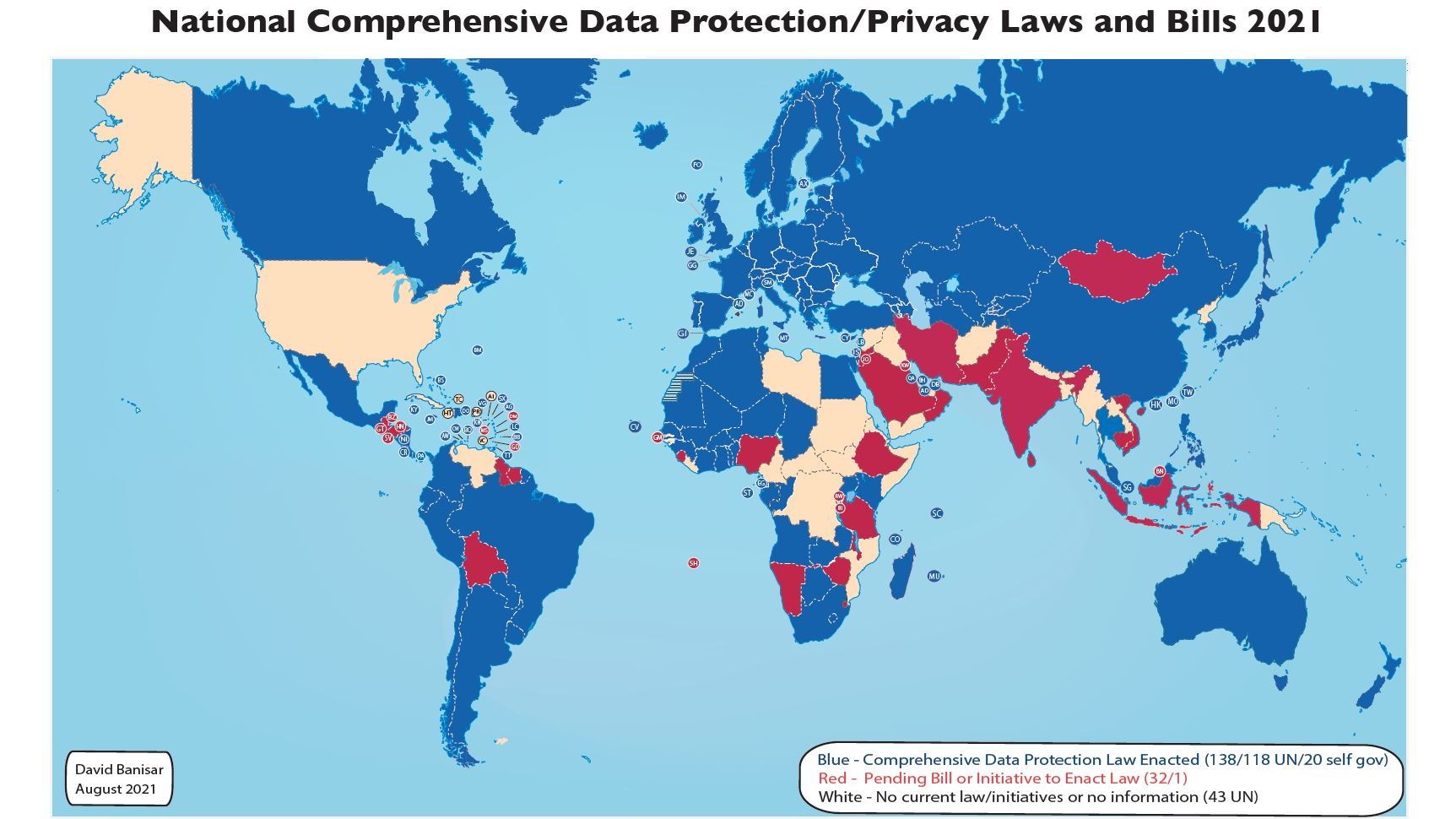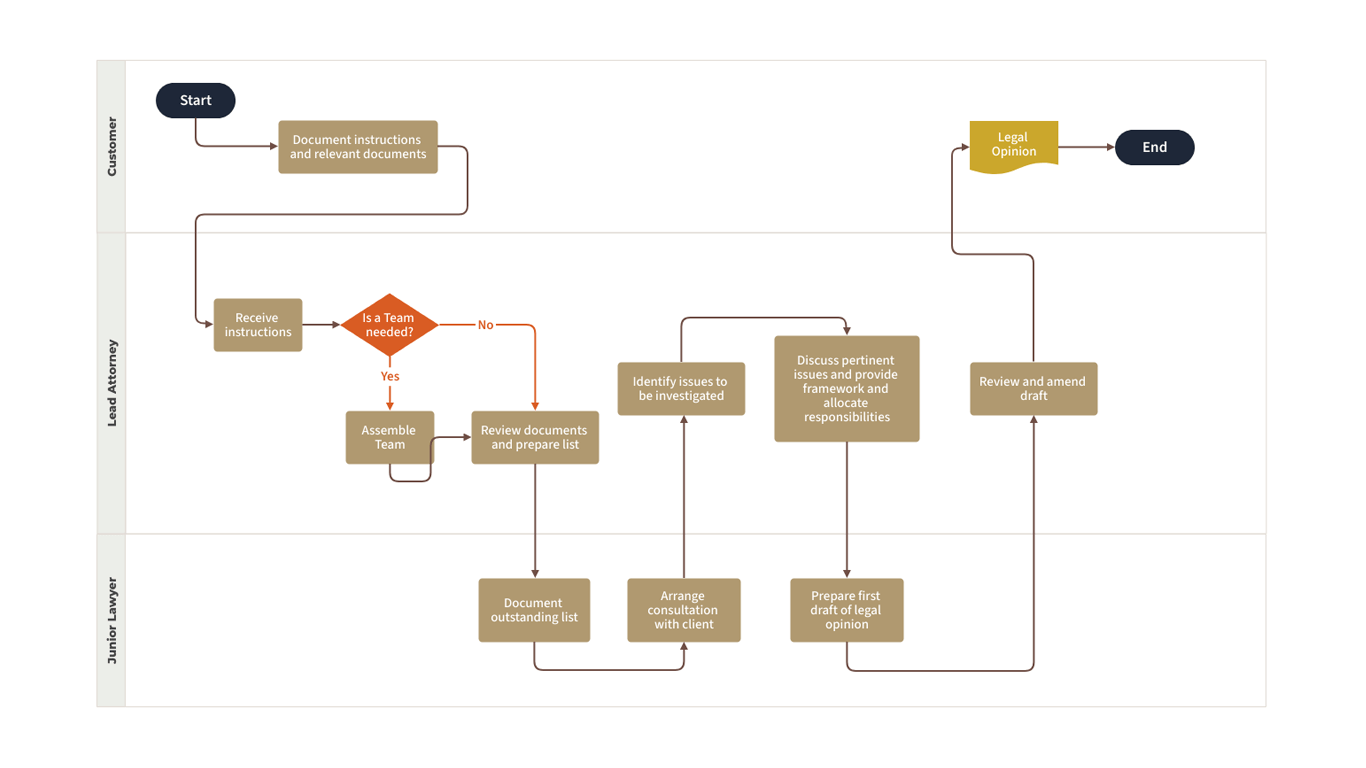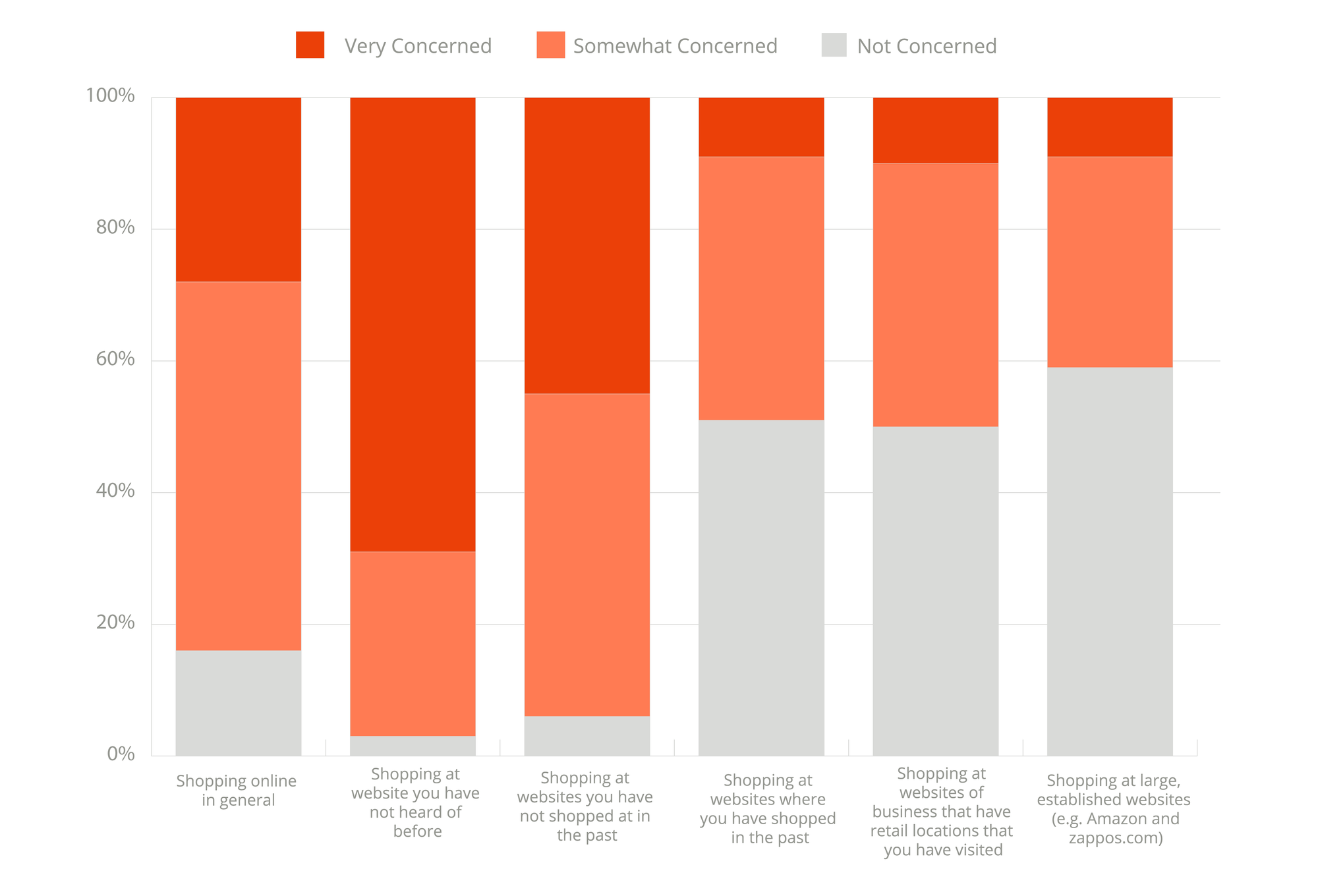The Temu class action lawsuit has become a focal point in the e-commerce world, highlighting critical issues surrounding data privacy, consumer rights, and corporate responsibility. As someone who’s experienced a data breach firsthand, I can’t help but feel a personal connection to this case. It’s a stark reminder of the vulnerabilities we face in our increasingly digital lives.
Let’s dive into the intricate details of this legal battle, exploring its origins, key allegations, and potential ramifications for both consumers and the broader e-commerce industry. Trust me, there’s a lot to unpack here.
The Genesis of the Temu Controversy
Temu burst onto the e-commerce scene in 2022, quickly gaining market share with its aggressive growth strategies. But as the platform’s popularity soared, so did concerns about its practices. The class action lawsuit emerged from a complex web of allegations, ranging from data privacy breaches to consumer rights violations.
At the heart of the matter are claims that Temu violated multiple state and federal laws, including the California Consumer Privacy Act and the Federal Trade Commission Act. These aren’t just minor infractions we’re talking about – they strike at the core of how we expect our personal information to be handled in the digital age.
A recent development has added fuel to the fire. Fashion Dive reported that Temu is facing a new class action lawsuit over text messages. This highlights the ongoing legal challenges the company is grappling with, particularly regarding consumer communication practices.
I’ve heard from a Temu user who reported receiving multiple marketing text messages despite being registered on the National Do Not Call Registry since 2010. It’s a perfect example of the alleged disregard for consumer preferences and privacy regulations that’s at the center of this controversy.
Data Privacy Concerns
Now, let’s get into the nitty-gritty of the data privacy issues. The lawsuit accuses Temu of unauthorized data collection and mishandling sensitive user information. We’re not just talking about basic details here – the allegations suggest that Temu’s data mining practices go far beyond what you’d expect from a typical online shopping app.
Experts who reviewed the Temu app concluded that it collects private user data far beyond what’s necessary for online shopping. We’re talking biometric information, device data – the works. It’s enough to make anyone think twice before hitting that “download” button.
The lawsuit cites specific instances of alleged data mining, including collection of browsing history and device information. But it doesn’t stop there. Plaintiffs argue that Temu’s data practices violate the EU’s General Data Protection Regulation (GDPR), despite the company’s primary operations being outside the EU. It’s a global issue with far-reaching implications.
Alleged Unauthorized Data Mining
Let’s break this down further. Reports suggest that Temu may have engaged in covert data mining practices, potentially harvesting user information beyond the scope of their stated privacy policies. It’s not just about what data they’re collecting, but how they’re doing it.
The lawsuit alleges that Temu’s app collects data even when not in use. That’s right – even when you think you’re not interacting with the app, it could be busy gathering information about you. Forensic analysis of Temu’s app revealed undisclosed tracking scripts and third-party data sharing mechanisms. It’s like having a nosy neighbor who doesn’t just peek through the curtains but installs hidden cameras in your house.
To give you an idea of the scope of this alleged data collection, here’s a breakdown:
| Data Type | Alleged Collection by Temu |
|---|---|
| Contacts | Full access |
| Messages | Content and metadata |
| Photos | Access to gallery |
| Location | Precise GPS data |
| Biometrics | Face scans, voice prints |
| Device Info | System details, processes |
It’s a lot to take in, isn’t it? And remember, this is all alleged at this point. But if true, it paints a picture of a company with a voracious appetite for user data.
Cross-Border Data Transfer Issues
The plot thickens when we consider the international aspect of this case. Temu’s Chinese ownership adds another layer of complexity to the data privacy concerns. The lawsuit brings to light issues surrounding the legality and ethics of transferring user data across international borders.
We’re not just dealing with U.S. laws here. The lawsuit cites potential violations of the EU-US Privacy Shield Framework, which governs transatlantic data transfers. And it doesn’t stop there. Experts argue that Temu’s data practices may conflict with China’s Personal Information Protection Law (PIPL). It’s a legal tangle that spans three continents!

Source: michalsons.com
This map gives you an idea of the global patchwork of privacy laws that companies like Temu have to navigate. It’s no wonder things can get complicated when data starts crossing borders.
Consumer Rights Violations
But wait, there’s more! The class action lawsuit doesn’t just focus on data privacy. It also alleges multiple instances of consumer rights infringements by Temu. These claims zero in on the platform’s product descriptions and pricing practices, suggesting that Temu may have engaged in deceptive marketing tactics.
The lawsuit cites specific examples of products that allegedly failed to meet the quality standards described on Temu’s platform. It’s not just about getting a slightly different shade of blue than you ordered – we’re talking about significant discrepancies between what’s advertised and what shows up at your door.
Analysis of Temu’s pricing algorithms reveals potential violations of state-level consumer protection laws. It’s a reminder that in the world of e-commerce, it’s not just about what you’re buying, but how it’s being sold to you.
And here’s another twist: Top Class Actions recently reported on a new lawsuit claiming that Temu’s text messages are “annoying and illegal.” This case alleges violation of the Telephone Consumer Protection Act, further emphasizing the company’s alleged disregard for consumer rights. It seems Temu can’t catch a break!
Misleading Product Descriptions
Let’s dig deeper into these product description issues. Plaintiffs claim that Temu’s platform frequently features inaccurate or deceptive product descriptions, leading to consumer disappointment and financial loss. This allegation strikes at the heart of e-commerce trust. After all, when we shop online, we’re putting our faith in those product descriptions and images.
The lawsuit presents evidence of discrepancies between advertised and actual product specifications in multiple categories. It’s not just one or two isolated incidents – we’re talking about a pattern here.
I heard from a consumer who reported purchasing a “genuine leather” handbag from Temu, only to receive a product made entirely of synthetic materials. It’s a perfect example of the alleged discrepancies between product descriptions and actual items. Imagine saving up for a leather bag, only to end up with glorified plastic. Not cool, right?
Unfair Pricing Practices
Now, let’s talk money. The lawsuit scrutinizes Temu’s dynamic pricing algorithms, suggesting potential manipulation of prices to exploit consumer behavior. We’re not just talking about regular sales or discounts here – the allegations point to something more sophisticated and potentially problematic.
Analysis of Temu’s pricing data reveals instances of significant price fluctuations for identical products within short time frames. It’s like playing a game of chance every time you add something to your cart. Will you get the best price, or are you being nudged towards a higher one based on your browsing history?
The lawsuit argues that Temu’s pricing practices may violate the Robinson-Patman Act, which prohibits certain forms of price discrimination. It’s a reminder that even in the fast-paced world of e-commerce, there are still rules that companies need to follow.
To give you a better understanding of Temu’s business model and how these pricing practices fit into their overall strategy, check out this video:
Source: youtube.com
This video provides an overview of the Temu platform and its business model, offering context for the pricing practices under scrutiny in the lawsuit. It’s worth a watch if you want to understand the bigger picture.
Legal Strategies and Challenges
Now that we’ve covered the what, let’s talk about the how. The Temu class action lawsuit presents unique legal hurdles and strategic considerations for both plaintiffs and defendants. It’s not your average courtroom drama – the international nature of Temu’s operations adds layers of complexity to the proceedings.
The lawsuit involves intricate questions of personal jurisdiction, given Temu’s global operations and user base. It’s not as simple as filing a case in your local courthouse. Legal experts anticipate challenges in applying traditional consumer protection laws to Temu’s innovative business model. We’re in uncharted legal territory here, folks.

Source: moqups.com
This flowchart gives you an idea of the complexity of the legal process we’re dealing with. And in a case like this, you can bet there will be twists and turns at every stage.
For those of you interested in learning more about how complex legal cases are handled, check out our article on navigating multi-party lawsuits. It might not be about e-commerce, but the principles of managing complex litigation apply across the board.
Jurisdictional Complexities
The international nature of Temu’s operations complicates the legal proceedings, raising questions about which laws apply and in which jurisdiction the case should be heard. It’s like trying to referee a game where each player is following a different rulebook.
The lawsuit involves complex questions of personal jurisdiction, given Temu’s global operations and diverse user base. It’s not just about where Temu is headquartered – we have to consider where their servers are, where their customers are, and a host of other factors.
Legal experts anticipate challenges in applying traditional consumer protection laws to Temu’s innovative business model. We’re dealing with a company that operates in a digital space that often outpaces legislation. It’s a reminder of how quickly technology can evolve and how our legal systems sometimes struggle to keep up.
Here’s a mind-boggling stat for you: Temu was the most downloaded app in the U.S. for the last few months of 2022 and remained there throughout 2023, achieving more than 100 million users in the United States by May 2023. That’s a lot of potential plaintiffs if this case gets class certification!
Forum Shopping
Both parties may engage in forum shopping, attempting to have the case heard in a jurisdiction most favorable to their respective positions. It’s like a high-stakes game of legal chess, with each side trying to position themselves for the best possible outcome.
Analysis of potential venues reveals varying interpretations of data privacy laws across different U.S. states. What might be a clear violation in California could be a grey area in another state. The choice of forum could also impact the application of international laws, such as the GDPR, to Temu’s practices.
I remember a similar case involving a global tech company where the plaintiffs successfully argued for the case to be heard in California, known for its stringent consumer protection laws, despite the company’s headquarters being located in another state. It just goes to show how crucial these early strategic decisions can be.
Conflict of Laws
The lawsuit may involve intricate conflict of laws issues, particularly regarding data protection regulations across different countries. It’s like trying to solve a Rubik’s cube where each side represents a different country’s legal system.
The lawsuit may require reconciliation of conflicting data protection standards between the U.S., EU, and China. It’s not just about deciding which law applies, but how to interpret and apply laws that might contradict each other.
Legal experts anticipate challenges in determining which country’s laws take precedence in specific aspects of the case. It’s a legal tug-of-war with global implications.
Here’s a quick breakdown of the relevant laws in play:
| Jurisdiction | Relevant Law | Key Provisions |
|---|---|---|
| United States | CCPA, FTC Act | Data rights, fair practices |
| European Union | GDPR | Strict data protection |
| China | PIPL | Data localization |
Each of these laws has its own nuances and requirements. Reconciling them all in a single case? That’s going to be one heck of a legal juggling act.
Class Certification Challenges
A critical phase of the lawsuit involves obtaining class certification, which could significantly impact the scope and potential outcomes of the case. It’s like trying to get everyone on the same page – literally.
The plaintiffs must prove that Temu’s alleged violations affected a large number of users in substantially similar ways. It’s not enough to say, “We all got ripped off.” They need to show a pattern of harm that’s consistent across the proposed class.
Statistical analysis may be required to demonstrate patterns of harm across the proposed class. We’re talking big data here – crunching numbers to show that what happened to one user wasn’t just a fluke, but part of a larger issue.

Source: fastercapital.com
This diagram gives you an idea of the steps involved in getting a class action certified. It’s a complex process, and each stage presents its own challenges.
Commonality and Typicality Requirements
Plaintiffs must demonstrate that the proposed class members share sufficiently similar circumstances and injuries to justify class action status. It’s not just about showing that a lot of people are upset – they need to prove that they’re upset for the same reasons and in similar ways.
Legal teams will likely conduct extensive data analysis to identify patterns of harm across Temu’s user base. This could involve combing through millions of transactions, customer service records, and user complaints to find common threads.
Expert testimony may be required to establish the commonality of data privacy breaches across different user groups. We might see tech experts, data scientists, and privacy specialists taking the stand to explain complex concepts in terms a judge or jury can understand.
Numerosity Considerations
The lawsuit must establish that the number of affected individuals is large enough to warrant a class action rather than individual lawsuits. It’s not just about having a lot of plaintiffs – it’s about showing that a class action is the most efficient and fair way to address the allege
Potential Implications and Outcomes
As we look ahead, it’s clear that the Temu class action lawsuit could have far-reaching consequences for e-commerce practices, data privacy regulations, and consumer protection standards. We’re not just talking about one company here – the outcome of this case could set important precedents for how digital platforms operate and handle user data in the future.
A ruling in favor of the plaintiffs could lead to stricter enforcement of existing data protection laws in the e-commerce sector. It might be the wake-up call that prompts regulators to take a harder line on data privacy issues.
On the flip side, the case may prompt legislative action to address gaps in current regulations governing cross-border data transfers. Lawmakers might see this as an opportunity to update laws that haven’t kept pace with the rapid evolution of digital commerce.

Source: statcdn.com
This chart illustrates the explosive growth of e-commerce in recent years. It’s a trend that’s unlikely to slow down, making the outcome of this case all the more significant.
Regulatory Scrutiny
The Temu lawsuit might just be the catalyst that triggers increased regulatory attention on e-commerce platforms, especially those with international operations. We could be looking at a future where oversight becomes more stringent and proactive rather than reactive.
There’s a good chance this case will prompt reviews of existing data protection frameworks by agencies such as the FTC and EU data protection authorities. They might use this as an opportunity to reassess whether current regulations are up to the task of protecting consumers in an increasingly complex digital marketplace.
We might even see regulatory bodies develop new guidelines specifically addressing the challenges posed by cross-border e-commerce platforms. It’s about time, if you ask me – the digital world has been outpacing regulation for far too long.
Enhanced Data Protection Measures
If the plaintiffs come out on top, we could be looking at a whole new ballgame when it comes to data protection requirements for e-commerce companies operating across borders. Get ready for some major shakeups in how platforms collect, store, and use consumer data.
We might see the development of new industry standards for data encryption and anonymization in e-commerce. It’s not just about keeping data safe anymore – it’s about making sure it can’t be traced back to individuals even if it does fall into the wrong hands.
Companies may find themselves required to implement more robust consent mechanisms for data collection and processing. No more burying important info in the fine print of a 50-page terms of service agreement that nobody reads.
Consumer Empowerment
This lawsuit could be a turning point for consumer rights in the digital age. We might see a shift towards greater transparency and control for users over their personal data on e-commerce platforms. Imagine being able to see exactly what data a company has on you and having the power to easily manage or delete it.
E-commerce platforms might be required to provide more detailed and accessible privacy controls to users. Think of it as a dashboard for your digital life – a one-stop shop for managing your online privacy.
New regulations could mandate regular privacy audits and public reporting of data handling practices. It’s about holding companies accountable and giving consumers the information they need to make informed choices about where they shop online.
Industry-Wide Ripple Effects
The repercussions of this lawsuit won’t stop at Temu’s doorstep. We’re talking about potential seismic shifts across the entire e-commerce sector. Companies far and wide might need to take a long, hard look at their data practices and business models.
We could see industry-wide adoption of new data protection technologies and practices. It might be a bumpy transition, but in the long run, it could lead to a safer, more trustworthy online shopping experience for all of us.
E-commerce platforms may need to revise their terms of service and user agreements to address new legal requirements. Get ready for a flood of “We’ve updated our privacy policy” emails – but this time, the changes might actually be worth paying attention to.
Operational Changes
The fallout from this case could lead to some significant operational shifts in the e-commerce world. We might see businesses implementing more robust data minimization practices, collecting only essential user information. It’s a “less is more” approach to data – the less you collect, the less you can lose in a breach.
New industry benchmarks may emerge for third-party data sharing and cross-border data transfers. It’s not just about what companies do with your data themselves, but who they share it with and how it moves around the globe.
Market Dynamics Shift
The resolution of this lawsuit could have a profound impact on consumer trust and loyalty, potentially reshaping competitive dynamics in the e-commerce landscape. We might see a shift where companies that prioritize data privacy and transparency gain a competitive edge.
Market analysis might reveal shifts in consumer preferences towards platforms with stronger privacy protections. It could become a key differentiator in a crowded marketplace – “Shop with us, we respect your privacy” could become as important as free shipping or low prices.
This case could catalyze the emergence of new business models that prioritize user data control and transparency. We might see innovative approaches to e-commerce that put privacy front and center, rather than treating it as an afterthought.

Source: trustedsite.com
This survey highlights the growing importance of trust in e-commerce. It’s a trend that’s likely to accelerate in the wake of high-profile cases like the Temu lawsuit.
Temu Data Breach Class Action Lawsuit
Now, let’s zoom in on a specific aspect of the broader legal action against Temu – the alleged data breaches. This part of the lawsuit puts the spotlight on the critical importance of cybersecurity in e-commerce. We’re not just talking about keeping hackers out – it’s about how companies detect, respond to, and notify users about potential breaches.
The lawsuit may involve forensic analysis of Temu’s cybersecurity infrastructure and incident response protocols. It’s like a digital autopsy, piecing together what happened and how it could have been prevented.
Legal experts might draw comparisons to previous high-profile data breach cases to establish precedents. We’re not in completely uncharted territory here – there’s a growing body of case law around data breaches that could inform this case.
Breach Notification Protocols
A key issue in this part of the lawsuit is how Temu handled (or allegedly mishandled) the process of detecting, responding to, and notifying users about potential data breaches. It’s not just about whether a breach happened, but how the company dealt with it.
The case may examine Temu’s compliance with state-specific data breach notification laws. These laws can vary significantly from state to state, adding another layer of complexity to the case.
Experts may analyze Temu’s incident response timelines against industry best practices and regulatory requirements. In the world of data breaches, time is of the essence – every minute counts when it comes to mitigating potential harm to users.
Timely Disclosure Requirements
The plaintiffs might argue that Temu dropped the ball when it came to promptly informing users about data breaches. If true, this could be a serious violation of legal obligations and industry best practices.
A detailed timeline analysis of Temu’s breach detection and notification processes could be a key part of the case. It’s about tracking what the company knew, when they knew it, and what they did about it.
Legal experts may compare Temu’s practices to established industry standards for breach disclosure timelines. There are best practices in place for a reason – they’re designed to protect consumers and minimize potential harm from data breaches.
Adequacy of Security Measures
Another crucial aspect of this case is whether Temu had sufficient safeguards in place to protect user data from unauthorized access or theft. It’s not just about what happened after a breach, but what was done to prevent one in the first place.
Cybersecurity experts may conduct a thorough audit of Temu’s data protection infrastructure. This could involve looking at everything from their encryption practices to their employee training programs on data security.
The case may involve comparisons of Temu’s security practices to industry standards such as ISO 27001 or NIST guidelines. These standards provide a benchmark for what constitutes adequate security measures in the digital age.

Source: ctfassets.net
This infographic provides a snapshot of what comprehensive cybersecurity measures might look like. It’s a good visual representation of the many layers of protection that should be in place to safeguard user data.
For those of you looking to beef up your own digital security, check out our guide on digital security best practices. It’s always better to be proactive when it comes to protecting your personal information online.
Damages and Remedies
When it comes to data breaches, quantifying damages and determining appropriate remedies can be a complex task. This part of the case will likely involve some intense discussions about the nature and extent of harm caused by the alleged breaches.
Economic experts might be called in to quantify the financial impact of potential identity theft resulting from the breach. It’s not just about immediate losses – the effects of a data breach can ripple out for years.
The court may look at precedents set in similar data breach cases to determine appropriate compensation models. As data breach lawsuits become more common, we’re starting to see some patterns emerge in how damages are calculated and awarded.
Identity Theft Risks
One of the biggest concerns in any data breach case is the increased risk of identity theft and fraud for affected individuals. The plaintiffs in this case may seek compensation not just for actual incidents of identity theft, but for the ongoing risk and stress that comes with having your personal information compromised.
Risk assessment models might be used to quantify the increased likelihood of identity theft for affected users. It’s a way of putting a number on something that’s inherently uncertain – the chance that someone’s stolen data will be used for nefarious purposes.
The case may involve analysis of dark web activity to determine if Temu user data has been compromised or sold. This is where things get really interesting – diving into the shadowy corners of the internet to track down stolen data.
Long-Term Monitoring Services
As part of any settlement or judgment, the lawsuit could demand that Temu provide affected users with extended credit monitoring and identity protection services. It’s a recognition that the effects of a data breach don’t just disappear after a few months.
The case may involve cost-benefit analysis of various identity protection service options. It’s about finding the right balance between protecting users and managing costs.
Experts might provide testimony on the effectiveness of long-term monitoring in mitigating identity theft risks. While these services aren’t a silver bullet, they can provide an important layer of protection and peace of mind for affected individuals.
At Ultra Law, we understand the complexities of modern legal challenges, including those in the digital realm. While we specialize in personal injury cases, our commitment to client advocacy and justice aligns with the needs of those affected by data breaches and privacy violations. If you’ve been impacted by similar issues, we’re here to help you understand your rights and explore your legal options. Don’t hesitate to reach out – we’re in your corner.
Learnings Recap
- The Temu class action lawsuit highlights critical issues in e-commerce, including data privacy, consumer rights, and corporate responsibility
- The case involves complex legal challenges, including jurisdictional issues and class certification requirements
- The outcome could have far-reaching implications for e-commerce practices and data protection regulations
- Consumers should stay informed about their rights and the potential risks associated with using e-commerce platforms




